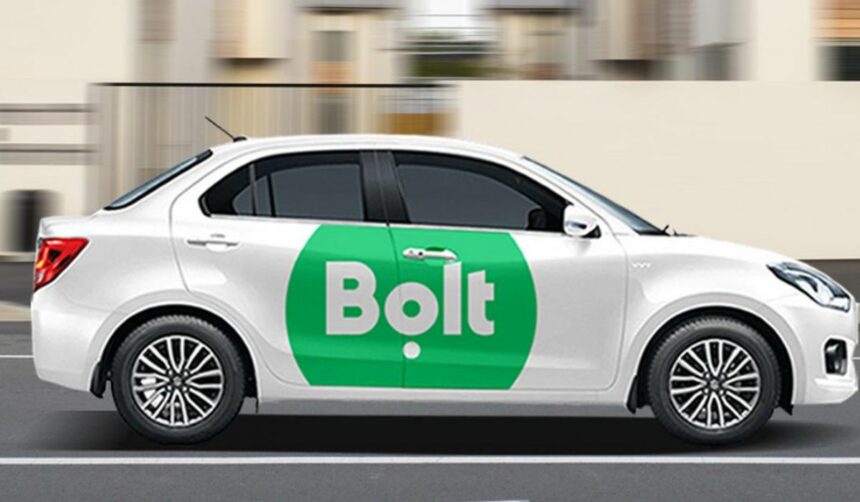Despite rumours that Bolt had to reduce staff to improve the platform’s productivity and profitability, the firm says it only let go of a small number of workers since it is “updating and automating a considerable number of customer support and operational processes in Nigeria.”
The mobility business further clarified that it is offering everyone impacted by the recent changes all the assistance they require to transfer to new job options, including severance compensation.
According to the report, Bolt Nigeria had terminated the employment of 22 of its 45 employees, marking a considerable fall in workforce size.
The report further claimed that members of the senior management team are among the impacted employees, this reduction is especially significant as it represents a first for the organisation in terms of the number of individuals impacted.
Bolt, which denied the number of workers it was alleged to have let go, claims it has never let go of employees and neither plans nor is it doing so at this time.
According to some insiders, Bolt may stay a little while longer, but if things don’t improve quickly, they may decide to leave Nigeria entirely or limit their presence to the major cities, like Lagos and Abuja, where they can still make money.
Bolt has had to make cuts in the past as well. They laid off almost one-third of their Nigerian employees in 2023, primarily junior employees.
Industry sources have recognised their concerns about the impact of economic issues on the ride-hailing sector, including inflation, rising spare part costs, and high gasoline prices.
In a similar report, billionaire Elon Musk has revealed intentions to lay off over 10% (or over 14,000 employees) of Tesla’s global staff.
Elon Musk made “the difficult decision” public in a note that was originally made public by the website Elektrek. 140,473 individuals work at Tesla, according to its annual report.










